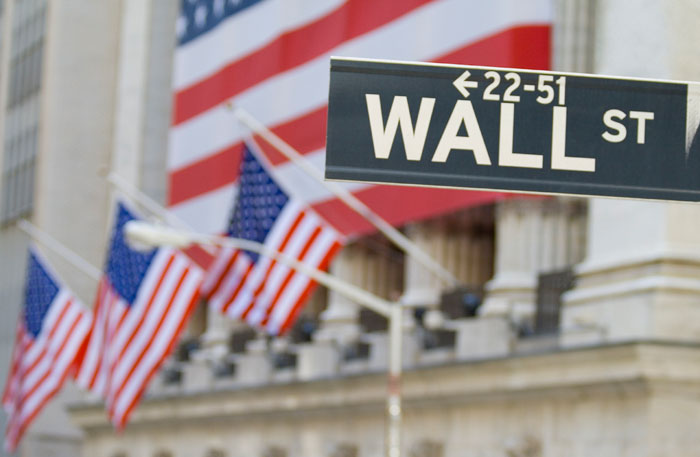Throughout the past few decades, forex trading has become one of the leading financial activities globally. Big personalities like George Soros and others have managed to make it a somewhat aspired field to be working in. Stories of people becoming millionaires and sometimes even billionaires overnight are quite common now. But are these true? How does the Forex market function? Should there be a limit to what amount one can trade at a time?
To really understand whether any restrictive regulation in the trading industry is needed or not, we should dive into how the sector functions today. It comes without a surprise that the field is certainly not what it used to be some years ago. Now well-accomplished and successful traders started doing business, everything was much more complicated. The entrance bar was practically too high for anyone to start trading but the top tier of the demographics. Therefore, the market was much smaller, uniting only the most fortunate individuals.
Probably all of you can recall scenes from not so old movies, showing the inside of the stock exchange on Wall Street or in central London. Telephone wires, old computers merely as complex as calculators and screaming people, celebrating or being angry, were what made the public image and perception of what trading is. Ask anyone on the street, they will say that trading is simply going to Wall Street and making bags of money.
The latter was somewhat the case a few decades ago. Nevertheless, this was not because trading has ever been an easy and overnight path to becoming a millionaire, but rather because there were just so few in the sector. That is primarily why the field that we see today is often acknowledged as the area of the rich and the fortunate.
The reality is that only very few make it to the top tier. The absolute majority of people who invest heavily in trading will see some losses throughout the first period. Usually, this time is quite extended, sometimes even years. The popularity of forex trading has made the issue even harder. No one is stating that forex trading is not beneficial and potentially profitable. However, without proper knowledge and experience, diving into the field might mean risking years of savings for many.
The brokers often have to simply stop their clients at a stop out level. Such situations have become increasingly common. Nevertheless, many of the traders still do not know how the Forex stop out level works to this very date. So where is the problem? It is evident that many people keep playing with the fire. Some lose a lot of money and risk their lives and futures. What can be done about it? Where is the real issue?
Can ‘problem’ trading be somewhat similar to problem gambling?
Everyone is aware of the term problem gambling and many today say that the term can be put into the context of trading. Blaming the trading field for the loss of fortune is quite common now. That is what sparked the grim comparisons between training and gambling. But is this really the case? Can we objectively draw parallels between the two? Or is this simply driving people towards a mistake?
The answer is not that simple. Problem gambling has long been acknowledged as a major, burning issue in many countries. However, we should consider the nature of both fields. Gambling, as a whole, is practically almost completely dependent on how lucky one is that night. On the other hand, Forex trading or trading in general rarely has to do with it. Rather, these are actual professions and one can succeed in the field only with sufficient knowledge and experience.
Is trading addictive? For some, it can surely be. Nevertheless, there is no such issue as problem gambling within the trading sector. There are no companies trying to get as much out of customers as possible. It, in fact, is completely contrary. Forex trading requires lots of independent will and efforts. If planned and executed well, the trading strategy can lead to big profits. On the other hand, there is only so much one can plan and strategize in gambling. Therefore, with all of those examples and comparisons, we think it is fair to just forget about these parallels and move on.
Is regulating the trading sector an answer? Should the amount one can trade be controlled?
After fading a completely unfair parallel away, now it is time to get to another widespread opinion, not only about the trading sector but about the entire financial industry. Is regulation an answer? Should we limit the amount of money people can trade in order to reduce the risks of financial issues?
To start off with, let’s discuss how effective those measures can realistically be. Trading has now moved online, users are being created every second with millions of people globally being engaged in the system. How can national governments control the amount of money that is being traded online? There is only so much the policy can restrict. Trading accounts are often not linked to national IDs, but to online profiles, emails, etc. Therefore, setting up a new profile will surely not be an issue for someone who wants to trade further. It takes merely a few minutes to get a new account on many platforms, enabling you to trade more.
Moreover, with national legislations possibly limiting the amounts or imposing any other restrictions, traders can always use overseas operators. We live in a highly digitalized world. VPN services are becoming more and more complex, practically undetectable. Therefore, living in one nation and operating from another should not be an issue for the vast majority of experience or even newly emerged traders. Thus, regulating the market will not really solve anything. The one thing it will possibly cause is the movement of a completely legitimate activity partly into the underground world, which is not beneficial for any government.
Education and information are the keys
So what can be done? It is simple. In such a self-driving industry, regulation will not change even a tiny bit. The only legitimate way of moving forward is to spread information and knowledge about trading. This is being done by many regulators globally. They organize training courses, public lectures, and publish informational booklets. Notably, the UK’s regulator FCA has long been fighting against financial pyramid, schemes, and trading scams. Without such an approach, there will always be people who risk their life savings or important funds and invest in high-risk stocks. Regulations will not change anything for those, but the information will.




